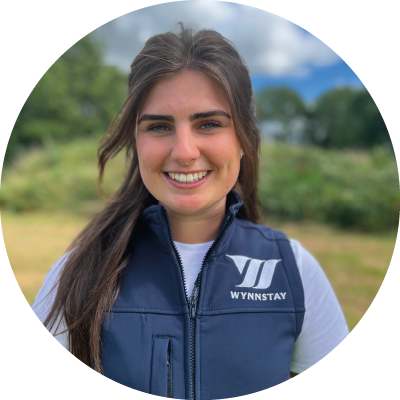Understanding the Calf Housing for Health and Welfare Grant
Objective
The Calf Housing for Health and Welfare grant aims to improve the living conditions of young calves, ensuring their well-being and health. Calves are especially vulnerable during their early months of life, and proper housing and care are essential for their growth and development. This initiative aims to reduce stress and disease risks in calves, leading to higher quality meat and dairy products.
Eligibility Criteria
To access the Calf housing for health and welfare grant, farmers must meet certain criteria:
Farming Operation: Applicants should be engaged in livestock farming, particular in the rearing of calves.
Compliance with regulations: Farmers must adhere to relevant animal welfare regulations and standards.
Project proposal: a detailed proposal outlining the planned improvements in calf housing must be submitted for consideration.
Benefits of the grant
Improved animal welfare: the primary advantage of this grant is the enhancement of calf welfare. Proper housing and care reduce stress, prevent diseases and promote healthier animals.
Higher-quality livestock products: healthier calves lead to higher quality meat and dairy products, which can benefit farmers’ bottom lines.
Sustainability: The programme encourages sustainable farming practices, which can lead to reduced environmental impacts and long-term viability of farming operations.


Financial support: farmers can receive financial support to offset the costs of upgrading or building new calf housing facilities, making it more accessible for those with limited resources.
Compliance with regulations: by participating in the program, farmers ensure that their operations meet or exceed animal welfare regulations, reducing the risk of penalties or fines.
Application process
To apply for the calf housing for health and welfare grant, farmers need to follow a specific application process:
Review Eligibility: Ensure your farm meets the eligibility criteria.
Develop a proposal: create a detailed proposal outlining your plans for calf housing improvements, including design, materials and cost estimates.
Submit application: submit your proposal to the relevant government agency responsible for administering the grant.
Evaluation and approval: your proposal will be reviewed, and if it meets the programmes standards, you’ll receive approval and financial support.
The Calf Housing for Health and Welfare grant is a promising initiative to improve the living conditions and welfare of young calves in farming operations. By encouraging proper care and sustainable farming practices, it not only benefits animals but also supports farmers in producing higher-quality livestock products.
For more details on the application process and to apply for a grant visit the GOV.UK website.










